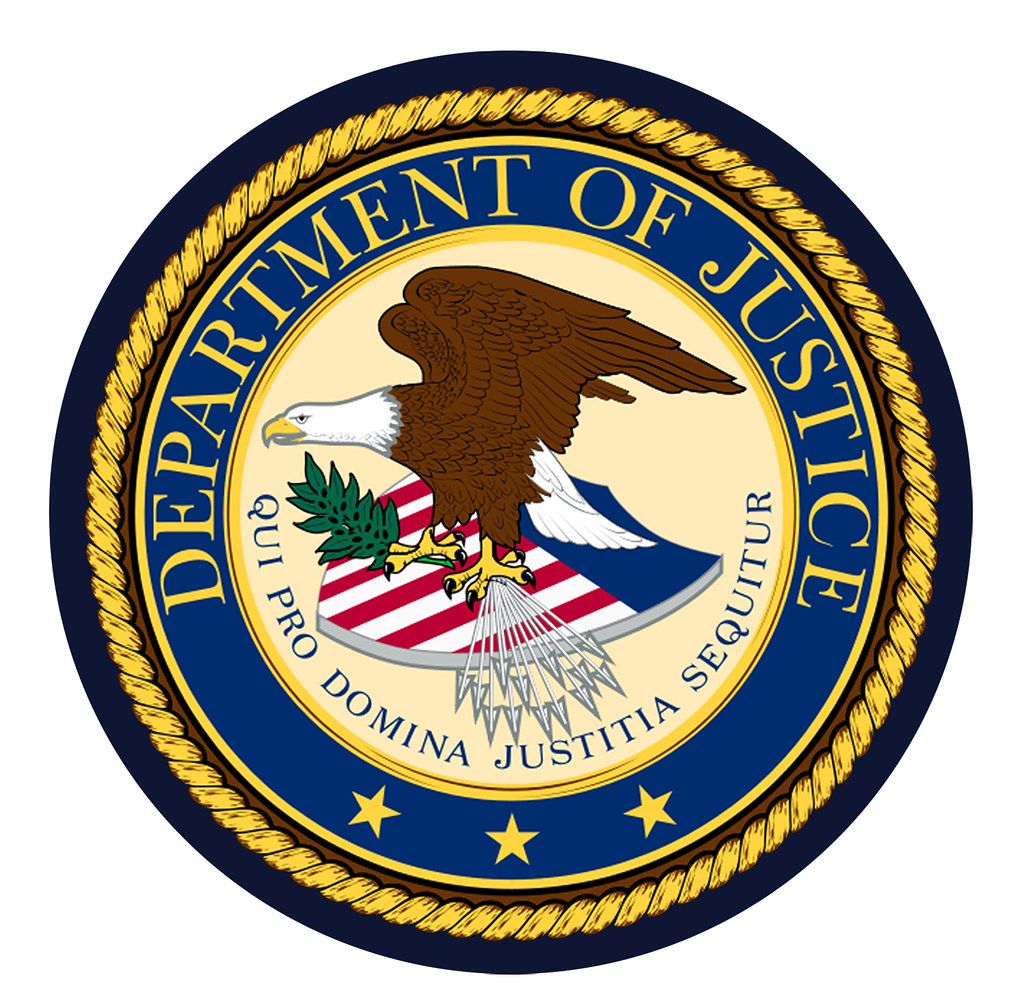Key takeaways
• A senior military lawyer at U.S. Southern Command warned that strikes on boats in international waters risked being seen as extrajudicial killings.
• Officials at the Justice Department’s Office of Legal Counsel overruled this warning.
• The lawyer feared that targeting alleged narco-terrorists without clear legal backing could expose service members to legal action.
• Overruling a top JAG on such matters is highly rare in military operations.
• The decision lets the strikes proceed but raises questions about legal risks and oversight.
In August, a senior judge advocate general, or JAG, at U.S. Southern Command warned that strikes on boats in the Caribbean Sea and eastern Pacific Ocean could legally endanger service members. The Justice Department’s Office of Legal Counsel decided to move forward anyway. As a result, military teams can continue targeting alleged narco-terrorists on the high seas despite serious legal concerns.
Legal Risks in Narco-Terrorists Strikes
The JAG highlighted that hitting people on the water without judicial process might count as extrajudicial killings. He argued that such actions might violate both U.S. law and international rules. However, White House officials and Justice Department lawyers asserted that these targets fit the “narco-terrorists” label. They claimed this label gave them the authority to strike in self-defense and to protect national security.
Background on the Strikes
In recent months, the administration stepped up operations against drug traffickers who also use violence. These operations involve Navy and Coast Guard teams. They track suspect vessels, then board or disable them. The new approach includes more aggressive tactics in areas where drug smuggling often overlaps with armed militias and criminal groups.
What the JAG Warned
The JAG at Southern Command is the lead lawyer advising on military actions in Latin America. He told his superiors that strikes on moving boats could be legally shaky. Moreover, he noted that if the wrong people were hit, the U.S. would face strong protests. He warned that service members could face criminal charges at home or in foreign courts.
Why the DOJ Overruled
Officials in the Office of Legal Counsel concluded that the strikes were lawful. They said the government has the power to act against narco-terrorists who threaten U.S. security. They also noted that these traffickers often work with groups the U.S. designates as terrorists. Therefore, they argued, service members enjoy legal protection under national self-defense rules.
A Rare Move in Military Law
Normally, the military follows its top lawyer’s advice. If higher-ups disagree, they adjust the plan to meet legal standards. Here, they broke that pattern. Sources say it is very uncommon for the Pentagon to ignore a JAG’s ruling and still carry out an operation. This choice could set a lasting example for how far political officials will go in military law matters.
Concerns Over Extrajudicial Killings
“Extrajudicial killings” means using deadly force without court orders or trial. Legal experts worry that once the U.S. opens the door to such actions, other nations might follow. In addition, those targeted might claim they pose no direct threat. Yet the administration argues these narco-terrorists use boats to transport both drugs and weapons. They say this dual threat justifies the strikes.
Impact on Service Members
Service members value clear rules of engagement. When legal advice shifts suddenly, it can create confusion. They risk following orders that might later be judged unlawful. If any mishap happens, they could face investigations or even criminal charges. This situation makes troops ask whether they have full legal backing for their missions.
Reaction from Congress and Experts
Some members of Congress are raising alarms. They question why the Justice Department overruled military counsel. Others praise the move, saying it helps fight powerful drug networks. Legal scholars point out that the stakes are high. They stress the need for clear guidelines on when and how to use force in international waters.
What This Means Going Forward
Going ahead, the administration plans to keep targeting narco-terrorists at sea. They argue this is vital to stop illegal drugs and weapons from reaching the U.S. Yet, the debate over legal risks will likely continue. Lawmakers may push for new legislation to define the rules more clearly. Meanwhile, military lawyers will watch closely how this precedent evolves.
Key Takeaways for the Public
First, labeling traffickers as narco-terrorists expands the scope of military action. Second, overruling top military lawyers is a rare and significant step. Third, this choice could shape future decisions on international use of force. Lastly, the move underlines the tension between quick action and careful legal review.
FAQs
What does “narco-terrorists” mean?
Narco-terrorists are drug traffickers who work with or act like terrorist groups. They use violent means to control smuggling routes.
Why did the military lawyer oppose the strikes?
He feared that attacking people on the water could count as extrajudicial killings. This could expose service members to legal charges.
How did the Justice Department justify its decision?
Officials said the strikes serve national self-defense. They claimed targeting narco-terrorists is legal under U.S. and international law.
Could this affect future military operations?
Yes. Ignoring a JAG’s advice sets a precedent. It may change how political leaders and military lawyers interact on legal rules.
How can Congress respond?
Lawmakers might draft clearer laws on using force at sea. They could require additional oversight for such strikes.
